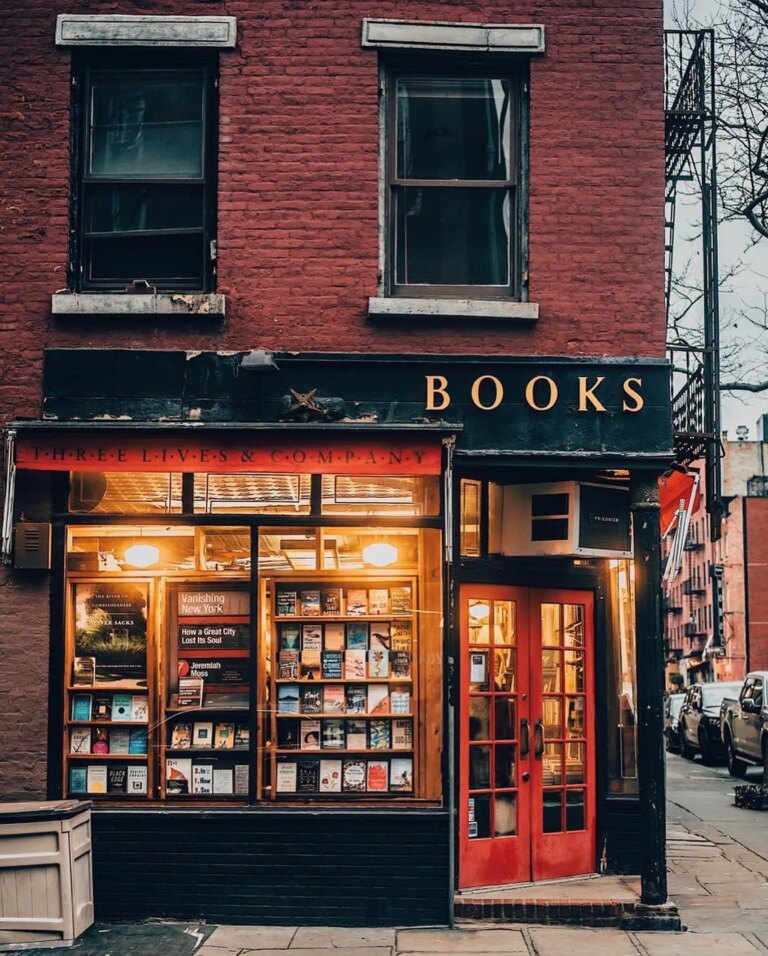Imagine: You’re curled up in your reading nook with an inviting novel. As you become engrossed in the story, imagination takes centre stage. You’re transported to another realm, swept up in the delight of the story, and reality fades away. That is the essence of “Elysian.”
Exploring Elysium: Mythology and Origins
Elysian /ɪˈlɪzɪən/ (adjective) characteristic of heaven or paradise. “Elysian visions”
Literary. Delightful. Blissful. Glorious.
Even the sound of the word is beautiful, the gentle consonants rolling off the tongue. A great example of the word and meaning working in synchronicity. But where did this wonderful word come from? It is believed to have come (via Latin) from the Greek Elusion (pedion) or ‘(plain) of the blessed’. This developed into the word Elysium, from which Elysian derives.

In Greek mythology, Elysium was a paradise reserved for specific heroes. Only those favoured by the Gods were allowed to enter Elysium and gain immortality. Legends such as Achilles, Medeia, Ajax, and Helene were all graced with entry into this hallowed place. Over time, it transformed into a sanctuary for those virtuously departed, not just these heroes. Thus, it became associated with ultimate serenity and bliss. It eventually evolved into the adjective we have now, with Elysian referring to any place that evokes this blessed state of happiness.
Echoes of Elysium: Inspiration from Shakespeare, Homer, and Ovid
Now, let’s take a trip back to Shakespeare. In Henry V, the Bard graces us with an ode to the concept of Elysium. In Act IV, Henry V complains about how difficult it is to be king, lamenting that while he is awake at night stressing about his responsibilities, the ordinary man “all night sleeps in Elysium,” free of any worries. A questionable sentiment from King Henry, but a great way of describing how blissful a night of uninterrupted, peaceful sleep is! Elysian Zzzzzs!

Previous to this, Homer depicted it as a realm of perfect happiness: “As for yourself, King Menelaos, it is not your fate to die in Argos . . . The Deathless Ones will waft you instead to the world’s end, the Elysian fields where yellow-haired Rhadamanthys is”. The gloriousness of heaven, summarised in the term Elysian Fields.
Ovid describes Orpheus’s journey in the Underworld: “Searching through the Elysian fields, he found Eurydice and took her in his arms with a leaping heart.” while Virgil wrote, “ I dwell in Elysium amid the sweet assemblies of the blest.” It’s fascinating to see how the concept of Elysium has captured the imaginations throughout the ages.
Elysian Wonders in Modern Literature
We can also see examples of the Elysian in more recent literature—not necessarily the word itself, but the state of wonder it evokes. Take, for example, the lush descriptions of the natural world in Tolkien’s Middle-earth, where every leaf and every tree has a special place in the story, and dazzling vistas are presented to the reader.
.jpg)
Or consider the sweeping romance of Jane Austen’s novels, where love blooms amidst the rolling English hills. Her novels conjure scenes of strolling through the idyllic countryside, visiting grand manor houses. What better way to evoke that elysian sense, transporting the reader back to the Georgian era.
Or, how about Louise Penny’s Inspector Gamache series, where the snow-covered, secluded village of Three Pines creates a cozy, idyllic, and almost magical atmosphere within each story? It is impossible not to be swept up in the elysian elements, with the location almost becoming another character in the story.
Whether you’re lost in the realms of The Lord of the Rings, swept away by the romance of Pride and Prejudice, or entangled in the mysteries of Three Pines, one thing remains clear: the essence of Elysian endures, reminding us that moments of bliss and beauty are always waiting to be discovered.
Elysian in Context: Meaning and Usage Today
It may not be a phrase you hear very often, but it is one every bookworm should use in their repertoire. You can tell your friends about the elysian landscapes—the realms or vistas captured in your recently-read novels. Plus, your reviews will really be elevated!

If you are a writer, why not incorporate it when describing the wonder of your setting? “The grey castle, perched atop the hill, held an air of elysian mystique.” Or your character could be in a “garden that felt like an elysian oasis in the midst of the bustling city.” This beautiful word adds an ethereal quality to the description, evoking a sense of bliss that only this can.
So, the next time you’re reading a book, keep a keen eye out for this wondrous concept. It might be lurking in the lines of your favourite poem. In the breathtaking landscapes of an epic fantasy. In the quiet moments of reflection in a coming-of-age story. In those moments, you’ll discover the true magic of storytelling—the power to transport us to worlds beyond our wildest dreams, where beauty knows no bounds.
Join our community of 1.5M readers
Like this story? You'll love our free weekly magazine.








